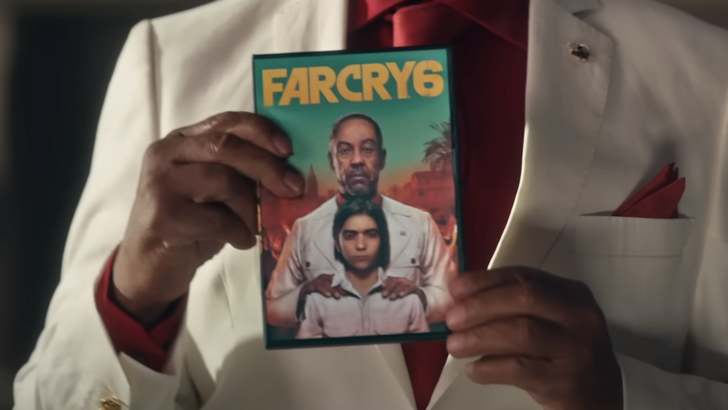California's New Law: Clarifying Digital Game Ownership
A new California law mandates greater transparency from digital game stores like Steam and Epic regarding game ownership. Effective next year, these platforms must clearly state whether a purchase grants ownership or merely a license.

This legislation, AB 2426, aims to combat misleading advertising of digital goods, including video games and associated applications. The law defines "game" broadly to encompass applications accessed on various devices.

To ensure clarity, stores must use prominent text and language ("larger type than the surrounding text, or in contrasting type, font, or color," etc.) to inform consumers. Violations could result in civil penalties or misdemeanor charges.

The law prohibits advertising suggesting unrestricted ownership unless explicitly stated otherwise. It acknowledges that digital goods, unlike physical copies, can be revoked by the seller at any time. Terms like "buy" or "purchase" will require clear disclaimers if ownership isn't guaranteed.

Assemblymember Jacqui Irwin emphasized the need for consumer protection in the increasingly digital marketplace, highlighting the common misconception that digital purchases grant permanent ownership.

Subscription Services and Offline Copies Remain Unclear
The law's implications for subscription services like Game Pass remain undefined. Similarly, it lacks specific provisions regarding offline game copies. This ambiguity follows incidents where companies like Ubisoft have removed games from availability, citing licensing issues.

A Ubisoft executive previously suggested that players should adapt to the idea of not "owning" games in the traditional sense, given the rise of subscriptions. However, Assemblymember Irwin clarified that the law aims to ensure consumers understand exactly what they're purchasing. The law seeks to bridge the gap between consumer perception and the reality of licensing agreements for digital goods.









